I wonder if Malcolm Turnbull has found time yet to see Armando Innuccio’s new film The Death of Stalin? I saw it in its opening Australian week and enjoyed it so much I saw it again a few days later, completely sober, and laughed even louder.
You don’t need to have lived under a brutal totalitarian regime to be able to relate to the premise. Is there anyone amongst us who can honestly say they’ve never filled five minutes of a long train journey or sleepless night compiling a mental list of the people they wish dead? The difference is that Uncle Joe didn’t just think about such a list from time to time; he dictated a new one every morning, and handed it to his NKVD thugs, and crossing off the names on that list – which was often several pages long – kept those NKVD thugs very busy. Life might still be cheap in certain third world countries, but in post-revolutionary Soviet Russia, as the film reminds us, they were having the equivalent of the January sales. Or, as historian Robert Conquest put it;
There was on old bastard called Lenin,
Who did two or three million men in.
That’s a lot to have done in,
But where he did one in,
That old bastard Stalin did ten in.
In stable modern democracies like Australia, of course, politicians eliminate their enemies with ballots rather than bullets, and the back-stabbing which occurs tends to be figurative. But if Mr Turnbull were to draw up such a list it’s reasonable to assume that the name of the man whose back he is alleged figuratively to have stabbed would be somewhere near the top of it. And if he did ever decide to have Mr Abbott bumped off for real – after, say, another 20 Newspoll losses – it might not even be necessary for the Prime Minister to order the hit himself. It might be enough for him simply to refer to his church-going predecessor as ‘this turbulent priest’ in the hearing of a trusted lieutenant like Christopher Pyne or Mathias Cormann.
And the more I think about it, the more I think that Cormann would be the man. Call me a hopeless romantic but I don’t find it hard to imagine the Belgian Bond villain crouched behind a lichen-covered rock high above some Snowy Mountains pass, following the Pollie Pedal peloton through a telescopic sight.
Predictably, The Death of Stalin has been banned in the country where it is set. This is partly because 30 years after the fall of the wall, many Russians – particularly the older ones who failed to smuggle billions of dollars out of the country on the vodka-impaired watch of Boris Yeltsin – are nostalgic for Cold War communism – or rather for the guaranteed employment, housing, health care and sense of collective national worth which it gave them. I’m sure most of them do not pine for purges and pogroms, but I’m equally sure that many of them look back wistfully at what they see as Stalin’s strength, and hear echoes of it in the leadership style of Vladimir Putin, especially when he takes his shirt off and jumps into frozen lakes. Ok, so he might be behind the extra-judiciary poisoning of a few treacherous ex-pats. But he’s also the guy who refused to negotiate with Chechen terrorists, took back Crimea and secured the 2018 FIFA World Cup. And let’s face it; now that North Korea is talking peace and Iran is whining about deals and sanctions, who else will stand up to the Old Enemy?
It’s not easy for ordinary, welcome-to-country Australians to understand the mind-set of the average Russian. These are people, after all, who for the most part do not feel responsible for the actions of their ancestors and who consequently do not feel obliged to search constantly for new ways to atone for those actions and new ways to articulate their guilt and self-loathing. People, in short, who are proud of their nationality.
How un-Australian is that?
Got something to add? Join the discussion and comment below.
Get 10 issues for just $10
Subscribe to The Spectator Australia today for the next 10 magazine issues, plus full online access, for just $10.
You might disagree with half of it, but you’ll enjoy reading all of it. Try your first month for free, then just $2 a week for the remainder of your first year.


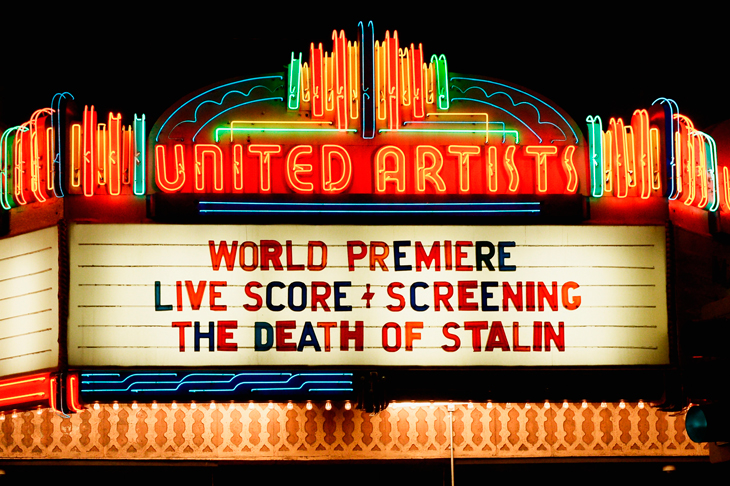
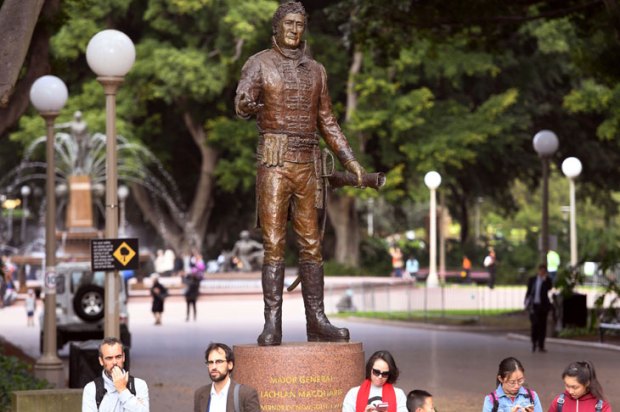
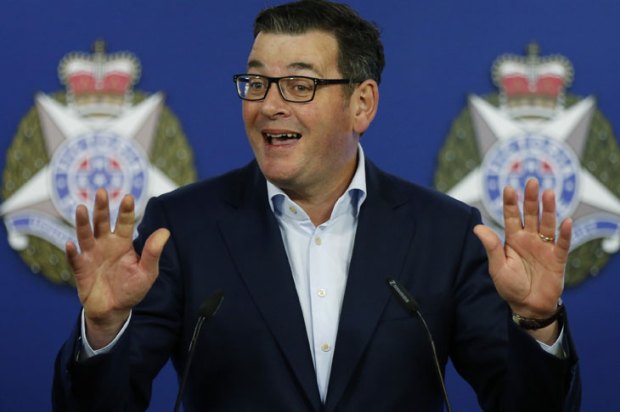
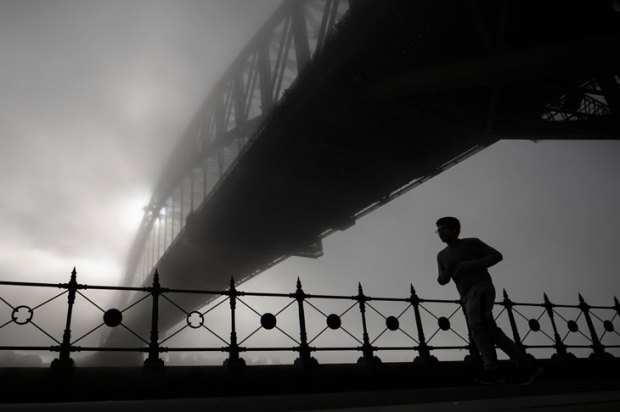
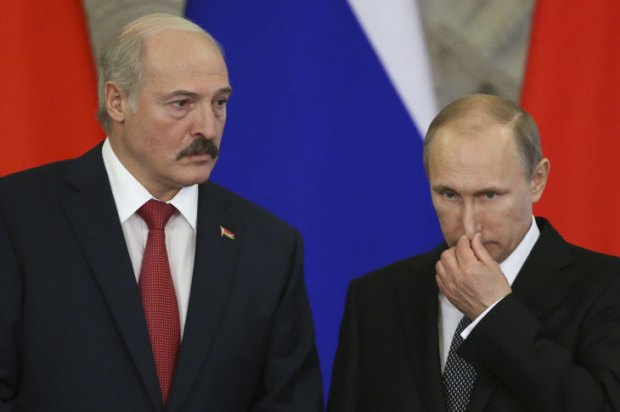
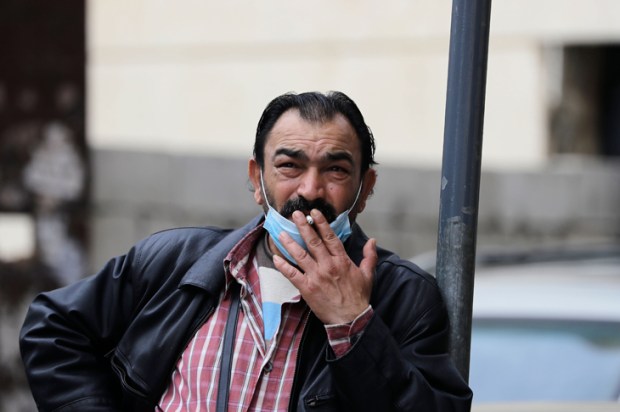
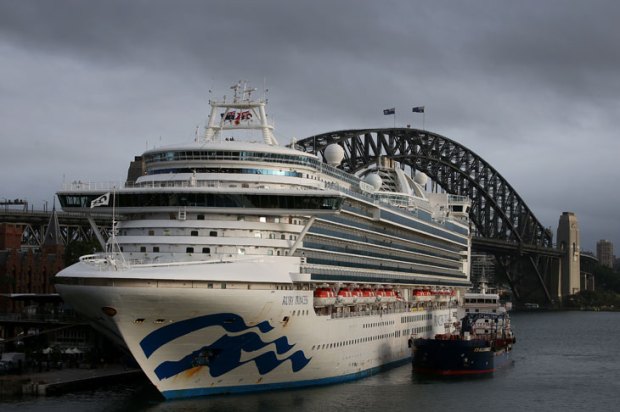






Comments
Don't miss out
Join the conversation with other Spectator Australia readers. Subscribe to leave a comment.
SUBSCRIBEAlready a subscriber? Log in